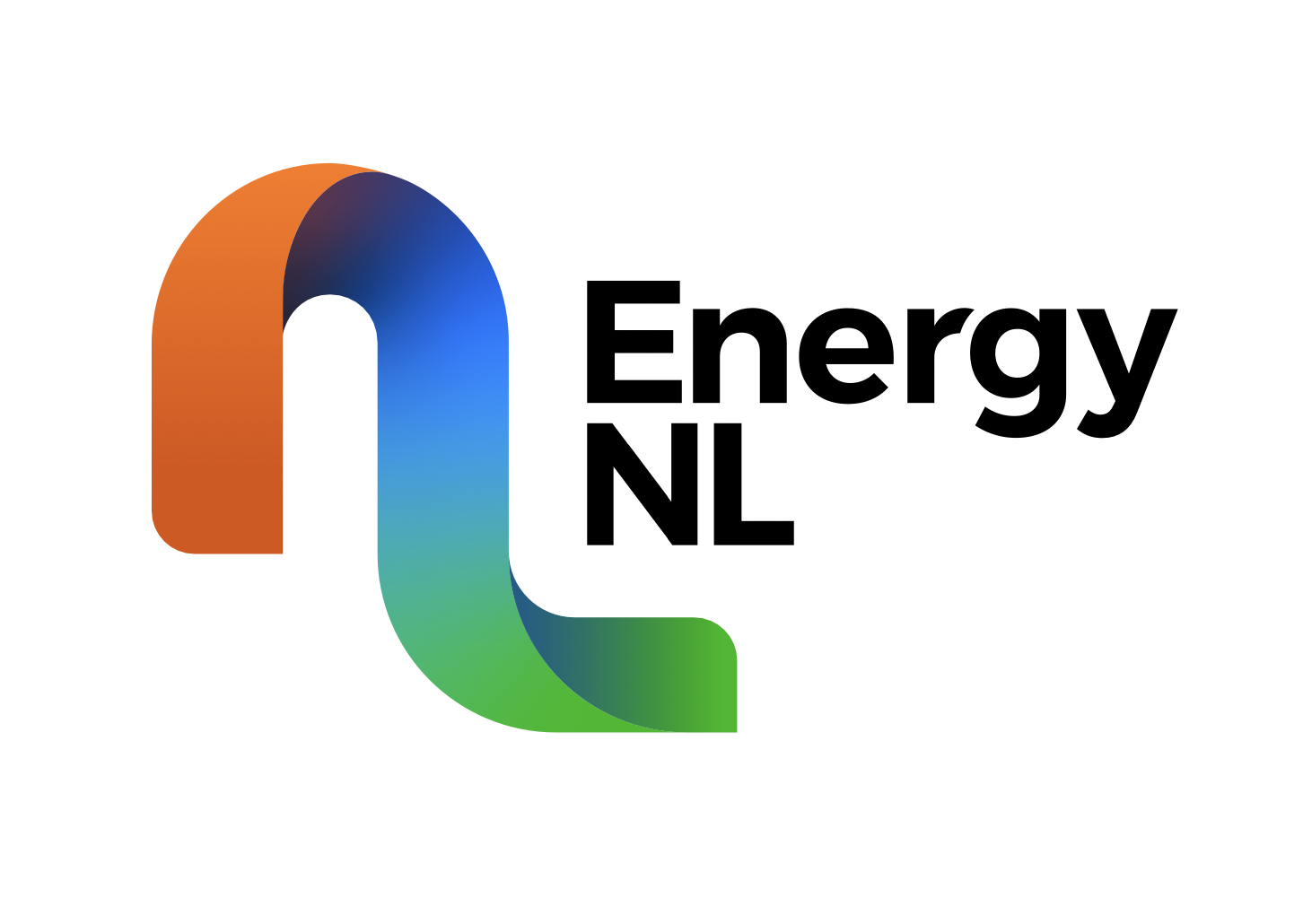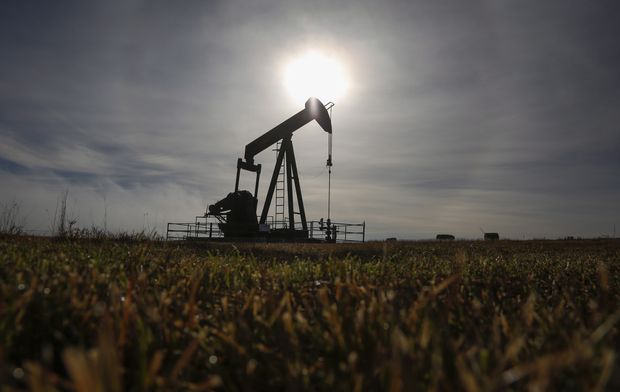The following text was excerpted from the media outlet cited on March 20, 2020 and is provided to Noia members for information purposes only. Any opinion expressed therein is neither attributable to nor endorsed by Noia.
From The Globe and Mail
The federal government is preparing a multibillion-dollar bailout package for Canada’s oil and gas sector that is expected to be unveiled early next week, sources say.
Federal and Alberta government insiders are saying little about the details – citing the sensitivity of the options under discussion – but the oil and gas sector can expect to get more access to credit, especially for struggling small and medium-sized operations, and significant funding to create jobs for laid-off workers to clean up abandoned oil and gas wells.
One senior Alberta source said the province is expecting Ottawa to provide $15-billion in relief to an industry that has been hammered by the COVID-19 crisis and the price war between Saudi Arabia and Russia that has cratered oil prices and energy-company stocks.
Sources in both governments say they do not want to reveal some of the measures under discussion in case they are taken off the table in the negotiations and financial markets react negatively when the final package is announced next week.
The Globe and Mail is keeping the names of the sources in this story confidential because they were not authorized to discuss the matter publicly.
In recent days, Premier Jason Kenney has floated the idea of a credit facility for the industry similar to the U.S. Troubled Asset Relief Program (TARP) that bailed out banks and automobile companies during the 2008-09 financial crisis. A TARP-style program would see Ottawa purchase shares in distressed oil and gas companies – similar to what Canada did for the auto industry in 2008.
As federal-provincial negotiations continued, Alberta CEOs released a letter to Prime Minister Justin Trudeau – signed by 65 executives – asking for the creation of a TARP to purchase distressed assets, suspension of the federal carbon tax and all income tax at every level and urged the banks to provide no-interest loans and loan guarantees.
“Our companies collectively represent over 100,000 working Canadians,” the letter said, urging “all levels of government to work together toward one goal: no Canadian, household, business or organization is left worse off than where they were when this crisis began.”
A federal source cautioned that major players such as Suncor and Canadian Natural Resources have the financial resources to pick up many of the small and medium-sized energy companies that can’t survive the current crisis and that Ottawa’s role should be focused on helping unemployed oil and gas workers.
Finance Minister Bill Morneau, who along with Mr. Kenney spoke to energy executives Wednesday, has a team working full-time on recommendations to keep the industry going.
Natural Resources Minister Seamus O’Regan held a three-hour talk with the Canadian Association of Petroleum Producers (CAPP) Thursday.
“We know that the oil and gas sector has been particularly affected, and specific help is needed. We’re looking at all options – including helping maintain jobs in the industry by enabling workers to put their skills to use remediating the environmental liabilities associated with orphan wells,” Mr. O’Regan’s communications director, Carlene Variyan, said in a statement to The Globe.
Mr. Morneau has already said Ottawa will provide financial assistance to create jobs in reclaiming orphan wells and that there is also the possibility of changes to payroll taxes for the industry.
One federal source said many jobless oil and gas workers can access federal funds that were announced in the $27-billion emergency aid package unveiled on Wednesday. Work-sharing programs may also be on the table.
Saudi Arabia, the de facto leader of the Organization of the Petroleum Exporting Countries, kicked off a price war with Russia that sent prices into a tailspin.
Oil rose Thursday, after dropping sharply on Wednesday that saw prices at their lowest levels in two decades. Western Canadian Select, the benchmark price for Alberta crude, closed up at near US$13 a barrel. West Texas Intermediate was also up, closing at roughly US$25. Prices increased after U.S. President Donald Trump said he would get involved in the oil-price war between Riyadh and Moscow to encourage them to cut oil production and stabilize prices.
CAPP president and chief executive officer Tim McMillan said the combination of the global economic slowdown resulting from the COVID-19 virus and the dramatic drop in oil prices owing to geopolitical actions by Russia and Saudi Arabia is having a devastating impact on Canada’s oil and natural gas sector.
“While the details still need to be developed, CAPP is encouraged by the federal and Alberta governments’ economic-stimulus announcements to date.” He said he is working with both governments on an immediate aid package.
Mr. McMillan said an injection of funds directed toward cleaning up orphaned and inactive wells would go a long way to helping the sector survive, through direct job creation, getting the energy service sector back to work and correcting company balance sheets where well liabilities are a concern.
“Governments are earnestly trying to work through this and are engaging to figure out what are the most acute moves that can be made now,” he told The Globe on Thursday. “Everybody knows this isn’t a silver bullet situation – it’s addressing challenges as they arrive, and we are keen to support them in that effort.”
Alex Lindsay, a civil engineer who has worked in the oil patch for six years, told The Globe that he would like to see governments backstopping debt to prevent a slew of bankruptcies in the patch.
“But as long as oil costs less than a bucket of chicken, we’re in trouble,” he said.
While it’s quite usual for sector activity to ramp down around this time of year for spring breakup, Mr. Lindsay said he is seeing an unusually widespread shutdown across the sector.
“I don’t think I could even get a job on a service rig right now, and you could always get a job on a service rig. I’m not even seeing the ads for those any more, which is crazy. I mean, I got a job on a service rig in 2015 when everyone thought the world was coming to an end,” he said, referring to the oil-price dive that kicked off Alberta’s recession.
Asked what could help oil and gas survive in the next few weeks, Mr. Lindsay said cash to clean up orphan and inactive wells right now would likely help get the sector back to work.
Arc Resources founder Mac Van Wielingen said the Alberta government should immediately look at deferring or forgiving royalty payments for oil and gas companies, and cutting property and other taxes and fees.
“The only way we can create more liquidity is to reduce current costs,” said Mr. Van Wielingen, a long-time energy executive and investor, who has also been named to a panel created by the province’s Premier to guide Alberta through the combined effects of low oil prices and the economic fallout from the pandemic.
He said it’s difficult to envision the federal government doing any kind of direct bailout, specifically targeted to oil and gas, given the federal Liberals’ past policy pronouncements. But he said the sector could benefit from more generic relief programs for Canadians businesses.
“We also need the banks to back off in terms of principal repayments and interest payments for say, six months.”






